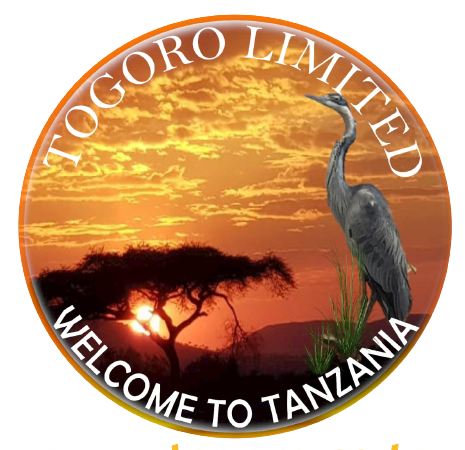TANZANIA DESTINATIONS
The main water source of the park is the Katuma River which in the rainy season – April and May – transforms the park into a wetland. Katavi’s dramatic scenery is as varied as it is pristine. Lake Chada and Lake Katavi both the lakes enhance the beauty of the park with a varied mix of bush land, Miombo forests, riverine forests and grasslands.
The huge landscape of Katavi supports thick reeds and dense water ways. The park is home to bufalos, elephants, giraffe, zebra, impala, roan and sable antelopes. During the rainy season, the lush marshy lakes are haven for abundant migrating birds as well as hippos and crocodiles. Hippos are the most spectacular wildlife of Katavi National Park. So Lake Chada and Lake Katavi becomes the most beautiful game viewing Destinations Of Tanzania.
The dry seasons also make Katavi lively. When some thousands of elephant migrate accompanying buffalos, giraffes, impalas and zebras in search of water sources, predators like lions and hynas follow them for hunting.
Katavi harbors a large concentration of water-associated birds throughout the year. The most common are African openbills, herons, and plovers, spoonbills, yellow-billed, saddle – billed stork, Raptors, fish eagle, bateleur and white-backed vulture. Over 400 different species of birds have been recorded.
Katavi’s true wilderness provides a thrilling taste of Africa to first time travellers and seasonal travellers.
Activities
Game Drive
Bird Watching
Walking
Canoeing
Wildlife Highlights
The park is home to buffalos, elephants, giraffe, zebra, impala, roan and sable antelopes. During the rainy season, the lush marshy lakes are a haven for abundant migrating birds as well as hippos and crocodiles.
A large concentration of water-associated birds include African openbills, herons, and plovers, spoonbills, yellow-billed, saddle – billed stork, Raptors, fish eagle, bateleur and white-backed vulture.
Best time to visit
Katavi National Park offers great game viewing all year round but reaches its peak during the dry season from June to November or December when the animals gather in their thousands around scarce water sources.
During the wet season, the floodplains turn to lakes and provide spectacular birdwatching opportunities.
